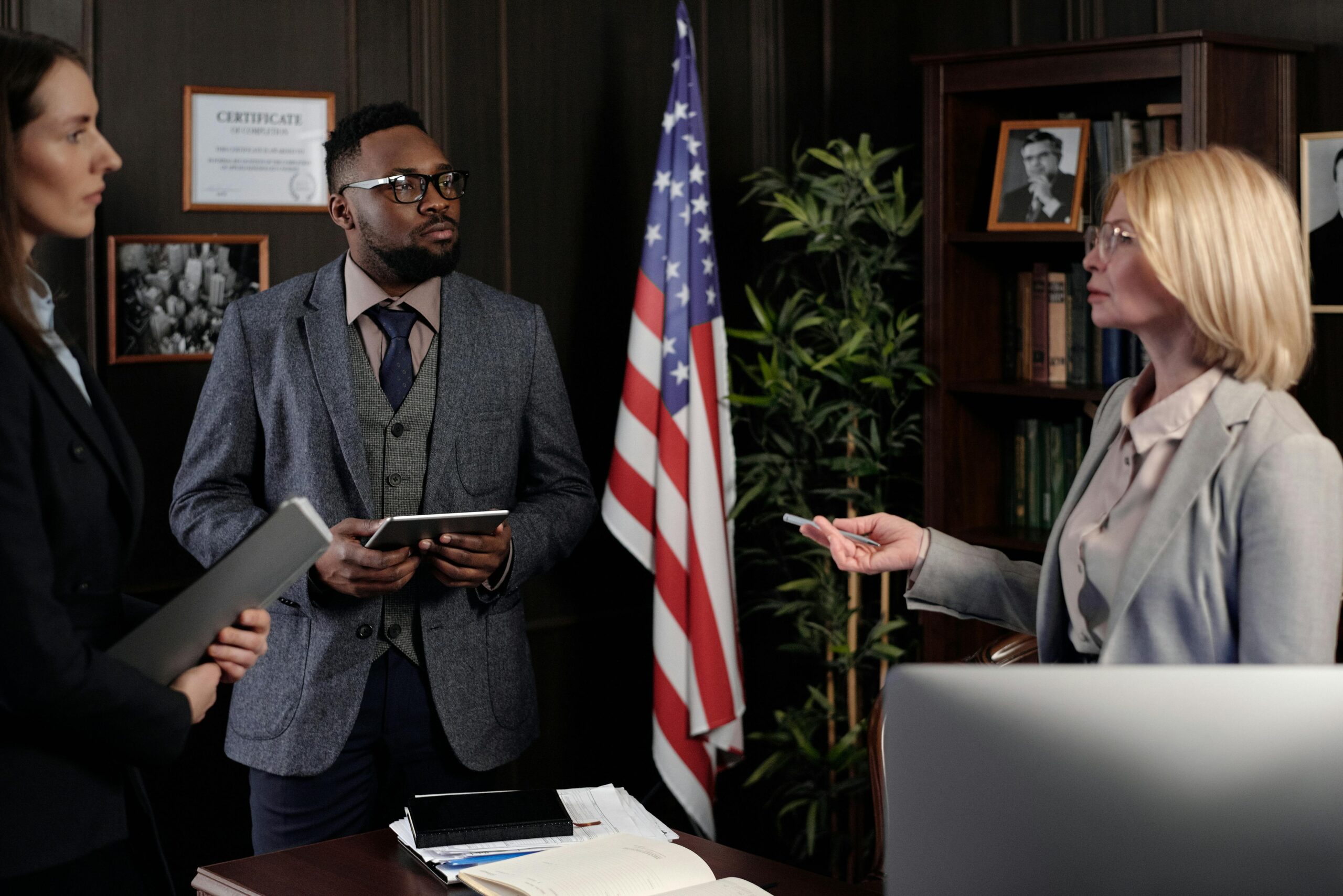Promoting Harmony and Efficiency: The Benefits of Coworker Conflict Resolution in Government Agencies
Conflict is a natural part of human interaction, and government agencies are no exception. However, unresolved conflicts can undermine the overall effectiveness and efficiency of a government agency. By embracing coworker conflict resolution strategies, government agencies can foster a culture of collaboration, enhance job satisfaction, and ultimately improve outcomes for the communities they serve. Let’s explore the benefits of implementing conflict resolution techniques in government agencies and how they can lead to better teamwork, communication, and organizational success.
Improved Teamwork and Collaboration
Coworker conflict can significantly impact teamwork and collaboration within government agencies. Unresolved conflicts can lead to tense working environments, decreased morale, and hindered cooperation among team members. However, by employing effective conflict resolution strategies, government agencies can transform conflicts into catalysts for improved collaboration.
Conflict resolution techniques, such as mediation or facilitated discussions, provide a safe space for employees to express their concerns, perspectives, and emotions. This process encourages active listening, empathy, and understanding among coworkers. As a result, team members gain a deeper appreciation for each other’s viewpoints, leading to increased trust and strengthened working relationships.
When conflicts are resolved promptly and effectively, team members can redirect their energy towards working together rather than being consumed by disagreements. The ability to collectively address and overcome challenges enhances productivity, efficiency, and the quality of work produced. Collaborative environments also stimulate creativity, as individuals feel more comfortable sharing innovative ideas and solutions without the fear of conflict.
Effective Communication and Problem-Solving
Conflict resolution is closely tied to effective communication within government agencies. Conflicts often arise due to miscommunication or misunderstandings among coworkers. By implementing conflict resolution strategies, agencies can break down communication barriers and establish mechanisms for transparent and open dialogue.
Conflict resolution processes facilitate active listening and encourage participants to express their perspectives with respect and attentiveness. This fosters an environment of trust, enabling coworkers to communicate more openly and honestly. As a result, misunderstandings are clarified, and common goals are identified, ensuring everyone is on the same page and working towards shared objectives.
Conflict resolution also promotes problem-solving skills within government agencies. By addressing conflicts head-on, employees learn effective problem-solving techniques, such as identifying underlying issues, generating multiple solutions, and evaluating the pros and cons of each option. Improved problem-solving abilities result in more efficient decision-making processes, leading to better outcomes for government agencies and the constituents they serve.
Enhanced Job Satisfaction and Retention
Unresolved conflicts in government agencies can have a significant impact on employee morale, job satisfaction, and overall retention rates. When conflicts are left unaddressed, they can create toxic work environments, leading to increased stress, burnout, and decreased job satisfaction.
On the other hand, effective coworker conflict resolution boosts job satisfaction by creating a positive work culture. Employees feel valued, heard, and respected when their concerns are addressed promptly and fairly. This, in turn, enhances their sense of belonging and commitment to the agency’s mission.
Coworker conflict resolution also supports professional development and growth. By utilizing conflict resolution strategies, employees gain valuable skills in communication, negotiation, and problem-solving. These skills not only benefit their current positions but also make them more marketable for future career opportunities.
Furthermore, effective conflict resolution contributes to a more diverse and inclusive workplace. By valuing and respecting diverse perspectives, agencies can harness the power of different viewpoints, backgrounds, and experiences to drive innovation and creativity.
Conclusion
Coworker conflict resolution is not only essential for maintaining a harmonious work environment in government agencies but also for maximizing efficiency and achieving optimal outcomes for the communities they serve. By implementing conflict resolution strategies, agencies can foster improved teamwork, communication, and problem-solving skills among employees. This, in turn, enhances job satisfaction, retention, and creates a positive and inclusive work culture. Government agencies that prioritize coworker conflict resolution ultimately create an environment where employees can thrive, leading to more effective public service and positive impacts on society as a whole.

